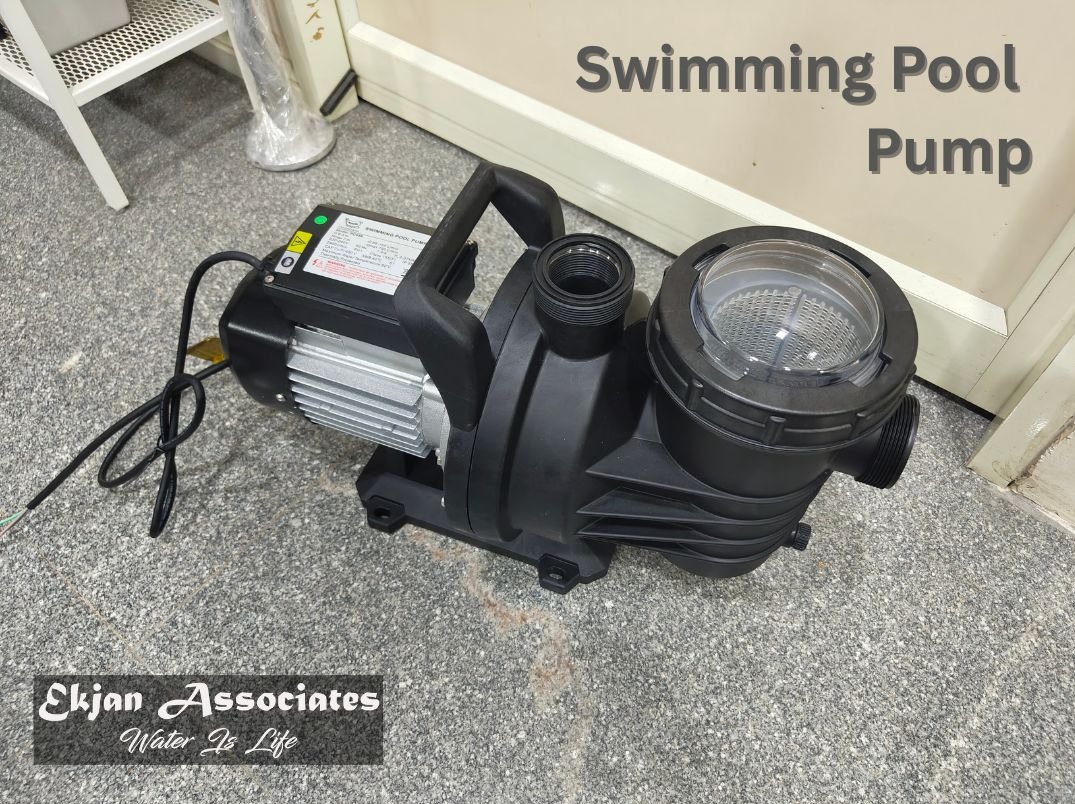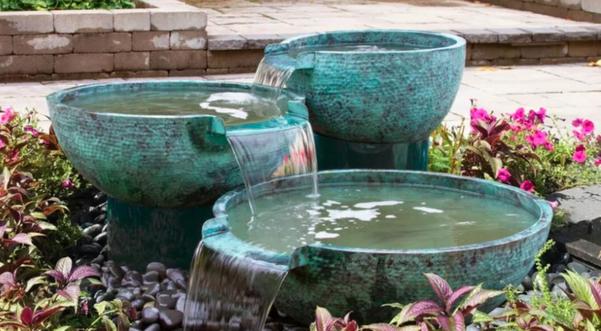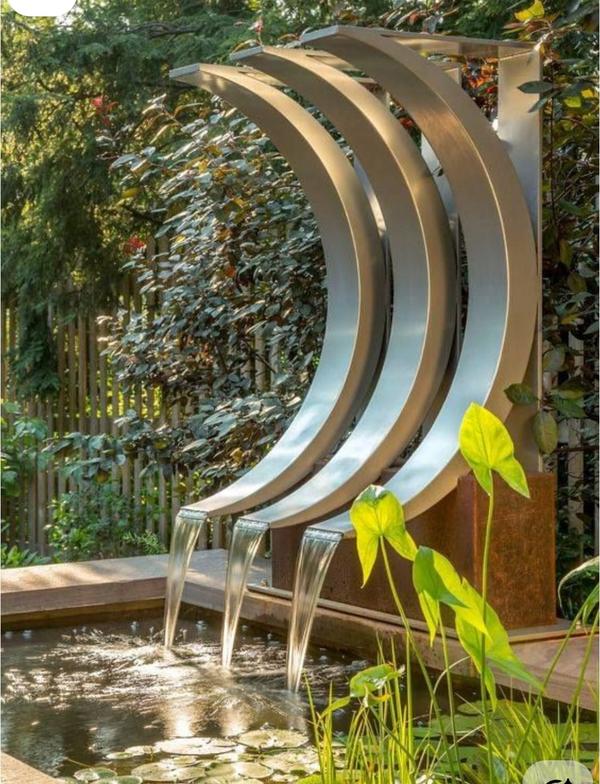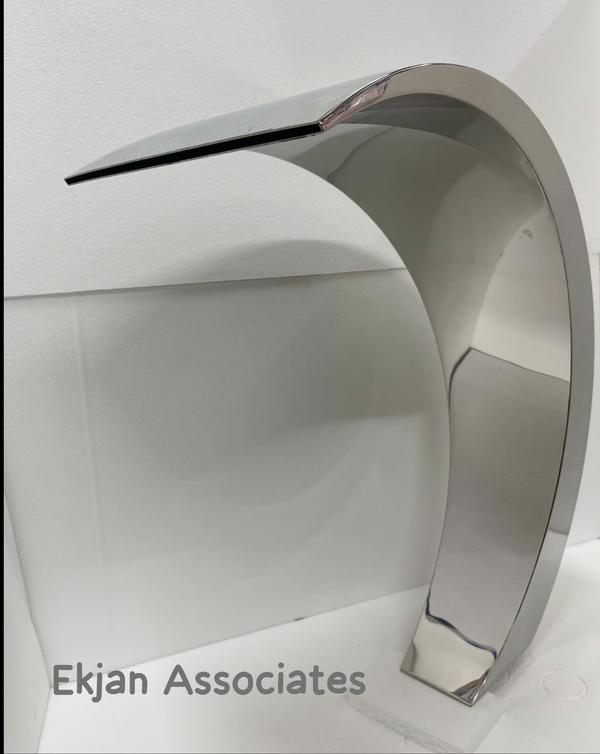
Swimming Pool Pumps: The Heart of Your Pool System
When it comes to maintaining a crystal-clear swimming pool, the pump is arguably the most critical piece of equipment you'll invest in. But what makes swimming pool pumps special? How do they differ from standard centrifugal pumps used in other applications? Let's dive deep into understanding these essential workhorses of pool maintenance.
What Makes Swimming Pool Pumps Unique?
At first glance, a swimming pool pump like the one shown might look similar to other centrifugal pumps, but several key features set them apart:
1. Self-Priming Capability
Most swimming pool pumps are self-priming, meaning they can draw water up from below the pump level and create their own prime. This is crucial since pool pumps are typically installed above water level. The large strainer basket housing you see in the image is part of this self-priming system, allowing the pump to evacuate air and pull water from the pool.
2. Heavy-Duty Strainer Basket
That transparent housing with the visible strainer basket isn't just for show. Swimming pool pumps deal with leaves, hair, insects, and other debris constantly. The large-capacity strainer basket catches these contaminants before they reach the impeller, protecting both the pump and your filtration system. Standard centrifugal pumps rarely encounter such varied debris.
3. Corrosion-Resistant Materials
Pool water contains chlorine, salt (in saltwater pools), and various chemicals that would quickly corrode standard pump components. Swimming pool pumps use specialized materials like thermoplastic housings, stainless steel components, and chemical-resistant seals designed to withstand constant exposure to treated water.
4. Designed for Continuous Operation
Unlike many industrial centrifugal pumps that run intermittently, pool pumps are engineered for extended continuous operation, which brings us to an important question.
How Long Can Swimming Pool Pumps Run Continuously?
Swimming pool pumps are specifically designed to run for extended periods, typically 8 to 12 hours daily during swimming season. However, modern pumps can safely operate 24 hours a day, 7 days a week if needed, though this isn't usually necessary or energy-efficient.
Optimal Running Times:
- Standard pools: 8-12 hours per day
- High-use periods: Up to 24 hours during heavy pool usage or after storms
- Winter maintenance: 4-6 hours per day in moderate climates
The key factors that enable continuous operation include:
- Superior cooling systems: The motor housing features ventilation fins that dissipate heat effectively
- Quality bearings: Designed for thousands of hours of operation
- Thermal overload protection: Automatic shutoff prevents motor damage from overheating
- Robust seals: Prevent water leakage even during prolonged use
Key Differences from Industrial Centrifugal Pumps
Flow Rate vs. Pressure
Swimming pool pumps prioritize moderate flow rates (typically 30-100 gallons per minute) at relatively low pressure. They're optimized to circulate the entire pool volume efficiently rather than achieving high pressures. Industrial centrifugal pumps vary widely based on application, often prioritizing either very high pressure or extremely high flow rates.
Total Dynamic Head (TDH)
Pool pumps operate at lower TDH ranges (typically 20-80 feet) compared to many industrial applications. This matches the resistance created by pool plumbing, filters, heaters, and return lines.
Energy Efficiency Features
Modern pool pumps increasingly feature variable-speed motors that can adjust to different tasks. Low speed for circulation, medium for cleaning, and high speed for vacuuming or running water features. This versatility is less common in fixed-purpose industrial pumps.
Ease of Maintenance
The clear strainer housing allows you to see when cleaning is needed without disassembly. Quick-release lids and accessible components make pool pumps more user-serviceable than many industrial counterparts.
Choosing the Right Pool Pump
When selecting a swimming pool pump, consider:
- Pool size: Pump should circulate total volume in 8-10 hours
- Plumbing diameter: Match pump to your system's pipe size
- Energy efficiency: Variable-speed pumps save significantly on operating costs
- Noise level: Important for residential installations
- Brand reliability: Quality pumps last 8-15 years with proper maintenance
Maintenance Tips for Longevity
To ensure your pool pump runs reliably:
- Clean the strainer basket weekly during swimming season
- Monitor for unusual noises or vibrations
- Check for leaks around seals regularly
- Ensure proper ventilation around the motor
- Run the pump during cooler hours in extreme heat
- Winterize properly in freezing climates
The Bottom Line
Swimming pool pumps represent a specialized evolution of centrifugal pump technology, optimized for the unique demands of pool circulation. Their ability to run continuously, handle debris, resist corrosion, and self-prime makes them distinctly different from standard industrial centrifugal pumps. With proper sizing, installation, and maintenance, a quality pool pump will reliably keep your water clean and clear for many years.
Whether you're installing a new pool or replacing an aging pump, understanding these differences helps you make informed decisions about this crucial investment in your pool system.
For expert advice on selecting the perfect pool pump for your specific needs, contact Ekjan Associates - bringing water to life.




